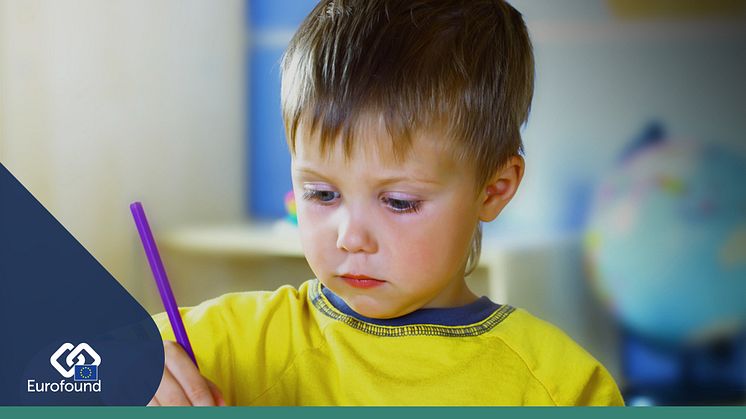
News -
Share of people in Poland struggling to make ends meet halved in 15 years
The number of people in Poland struggling to make ends meet has halved to 39% since the country’s membership of the EU and the share of people at risk of poverty has decreased to 18.9% in 2018 – below the EU average of 21.7%. At the same time, life satisfaction in Poland has increased from 6.2 in 2003 to above the EU average at 7.2 and self-reported happiness levels have risen from 6.9 to 7.5 in 2016.
These positive developments have taken place as the Polish economy grew strongly and the unemployment rate fell to one of the lowest rates in the EU – at 3.3% in August 2019. Eurofound’s recent report Shifts in the employment structure at regional level identifies that in 2002 Poland had a large number of low-paid jobs and fewer mid-paid and high-paid jobs compared to other Member States. However, by 2017 the share of mid-paid and high-paid jobs had increased significantly to align with EU averages, with a substantial reduction in the share of people in low-paid employment.
The increase in job quality has led to vast improvements in quality of life as identified in Eurofound’s European Quality of Life Survey (EQLS), which shows that life satisfaction in Poland has increased from 6.2 in 2003 to 7.2 in 2016 – higher than the EU average. Similarly, self-reported happiness levels have increased from 6.9 in 2003 to 7.5 in 2016, also above the EU average of 7.4. In addition, the perceived quality of public services has improved, and most public services are now in line with the EU average or converging towards it.
Though perceived quality of public services has improved significantly, our recent flagship report on access and quality of public services notes that those just above the halfway point of the income distribution in Poland report problems accessing healthcare due to cost – meaning they may not earn enough to easily pay for primary care but are not entitled to benefits. Furthermore, the report highlights that Poland’s heavy reliance on informal care for older people and children is impacting the labour market participation rate, which is lower than the EU average and has been further shrinking in recent years – particularly for women.
Overall, the share of higher quality jobs has increased significantly over the last 15 years leading to increased living standards and a reduction in the number of people at risk of poverty and social exclusion. It is however worth noting that the picture of improved living standards masks some increasing regional disparities, as rural areas with lower productivity have not benefited from economic growth to the same extent, and in some cases, have experienced a decline in employment opportunities and increased levels of inequality.





